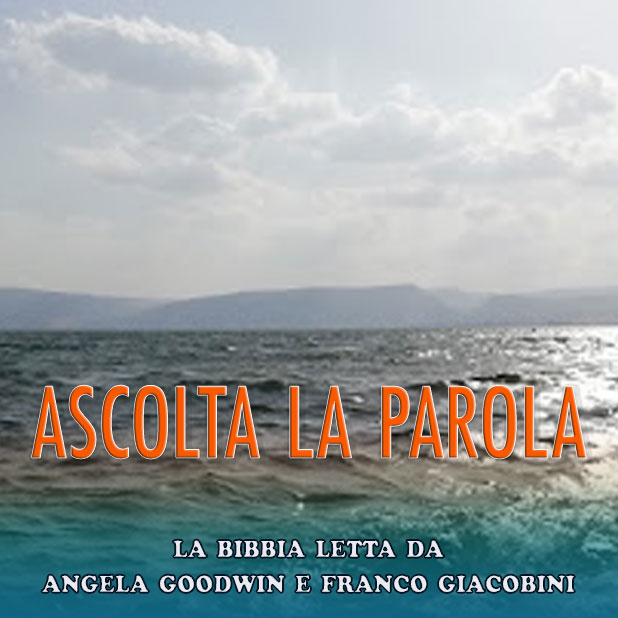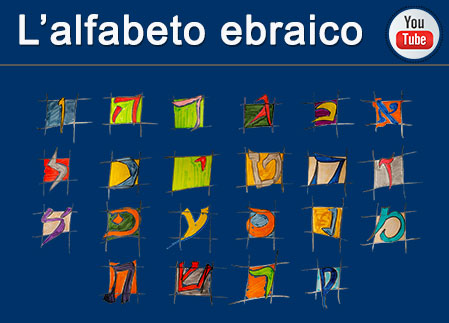Kasper, Walter
Australia 20/10/2005
In 2004 and 2005 the Pontifical Council for Promoting Christian Unity and the Commission of the Holy See for Religious Relations with the Jews, both of which I am honoured to preside over, celebrated the anniversaries of the great documents of the Second Vatican Council that have given form to the ecumenical and interreligious commitment of the Catholic Church over the last forty years. In particular, we actively commemorated the promulgation of Unitatis Redintegratio, the Decree on Ecumenism dealing with the dialogue with the other Churches and Ecclesial Communities; the Dogmatic Constitution, Dei Verbum, which is the fundamental text for collaboration among Christians in the biblical field; and the Declaration Nostra Aetate for the religious dialogue with Judaism and the other major world religions.The Pontifical Council and the Commission for Religious Relations with the Jews have not worked alone. Indeed, there are many outstanding debts of gratitude to those who have helped to achieve the aim of these celebrations, which was to repropose the Second Vatican Council, to evaluate its benefits for the Church, and to draw from the turning point it represented new energies in meeting the challenges of the third millennium. His Eminence Cardinal Edward Idris Cassidy is most certainly among those to whom we owe a special debt of gratitude.
It was with great pleasure and joy that I read his book Ecumenism and Interreligious Dialogue –Unitatis Redintegratio, Nostra Aetate, published by the Paulist Press and launched officially today in Australia. Our modern means of communication fortunately allow me even at such a distance to take part in this event being held in the Synagogue in Sydney.
Ecumenism and Interreligious Dialogue is splendidly accurate, well-documented and thorough. In reading the book, I rediscover my Cardinal brother, in the way he expresses himself, in his personal style, but also in the profound dedication he had to his responsibilities with the Pontifical Council for Promoting Christian Unity and the Commission of the Holy See for Religious Relations with the Jews.
I have also learned a great deal from Ecumenism and Interreligious Dialogue. One cannot do better than learn from those who have had a personal part to play in the events in question, which is certainly the case here.
It is precisely from the perspective of ‘learning’ that I would highlight the timeliness and usefulness of this book. Forty years have passed since the Second Vatican Council, and the generation that personally experienced it is now passing away. The younger generation perceives it as a distant and historical event, perhaps even concluded. Yet the contrary is true: the insights and teachings of the Council have never been more relevant and fundamental. The Council continues to be the cornerstone on which to build the future of dialogue, on which we base the search for full communion among the baptised; understanding, collaboration and respect between Christianity and Judaism; and the dialogue with other religions. In this sense, Ecumenism and Interreligious Dialogue is an indispensable guide for those who have not personally experienced the Council and are not able to fully comprehend its value, importance and consequences for the life of the Church and its testimony to the world.
The other great merit of Ecumenism and Interreligious Dialogue, and one that cannot be underestimated, lies in its significance for those having a better understanding of the Council. While it is often claimed – and Cardinal Cassidy himself reminds us of this in his book – that the search for full communion among Christians has lost its momentum or that its pace is unnervingly slow (or that nothing has changed with relations between the Catholic Church and Judaism), those who have a direct involvement in the post-Conciliar era are able more than others to measure this pace and to cast a wider glance at the overall journey. The conviction gained on reading Ecumenism and Interreligious Dialogue is that it would have been difficult to have done more over the last forty years. Indeed, the impression is that, with God’s help, much has been achieved. We have secured solid foundations and have established our bearings for the way ahead; we have identified the crucial issues and clarified our vision. But Ecumenism and Interreligious Dialogue also tells us much about what remains to be done and what problems continue to challenge us; we are truly at the beginning of the beginning.
Yet much more than all this has been achieved over the years – and this book describes it. We have begun to seek real encounter; we have contributed to mutual understanding of each other; and we have interwoven friendships. We have a sharper awareness that the world can no longer tolerate reciprocal ignorance, indifference and suspicion; we see more clearly that it is our duty to enter into dialogue in order to better our world and to purify our Church of the sin of division.
I very much hope that Ecumenism and Interreligious Dialogue will gain the readership it deserves. Those working in the field will appreciate the overview it offers, while it will provide an invaluable insight for those who are not very familiar with the Second Vatican Council and the offices of the Holy See, whose task it is to work with the Bishop of Rome in implementing the Council’s teachings. For the reader in general, the book presents a detailed picture of the overall effect of the Council on the Church.
I also trust that Ecumenism and Interreligious Dialogue will gain new supporters to the cause, people who are convinced that dialogue, theological research, the aspiration to Christian unity, and the peaceful co-existence of all those who see the origins of their faith in Abraham, are not mere options, but a profound requirement of faith and an urgent necessity for humanity.
I extend my cordial greetings to the Chief Rabbi of Sydney, who is hosting the presentation of the book, and to the religious and civil authorities whose presence testifies to the regard in which Cardinal Cassidy is held. I extend my own affectionate greeting to Edward Idris, and am joined by all the staff of the Pontifical Council for Promoting Christian Unity and the Commission for Religious Relations with the Jews, who renew to him their deep gratitude and esteem.
553 visualizzazioni.
Inserito 01/01/1970
Relazioni Ebraico-Cristiane
Ultime novità nel sito
- 19/04/2020: Articolo - L’enigma della Maddalena
- 23/02/2020: Articolo - Il locus amoenus nelle catacombe ebraiche e cristiane di Roma
- 16/02/2020: Articolo - Il profetismo nel Vicino Oriente antico
- 13/02/2020: Articolo - I Profeti della Cappella Sistina
- 09/02/2020: Articolo - Gerusalemme e la Terra Santa di Israele


